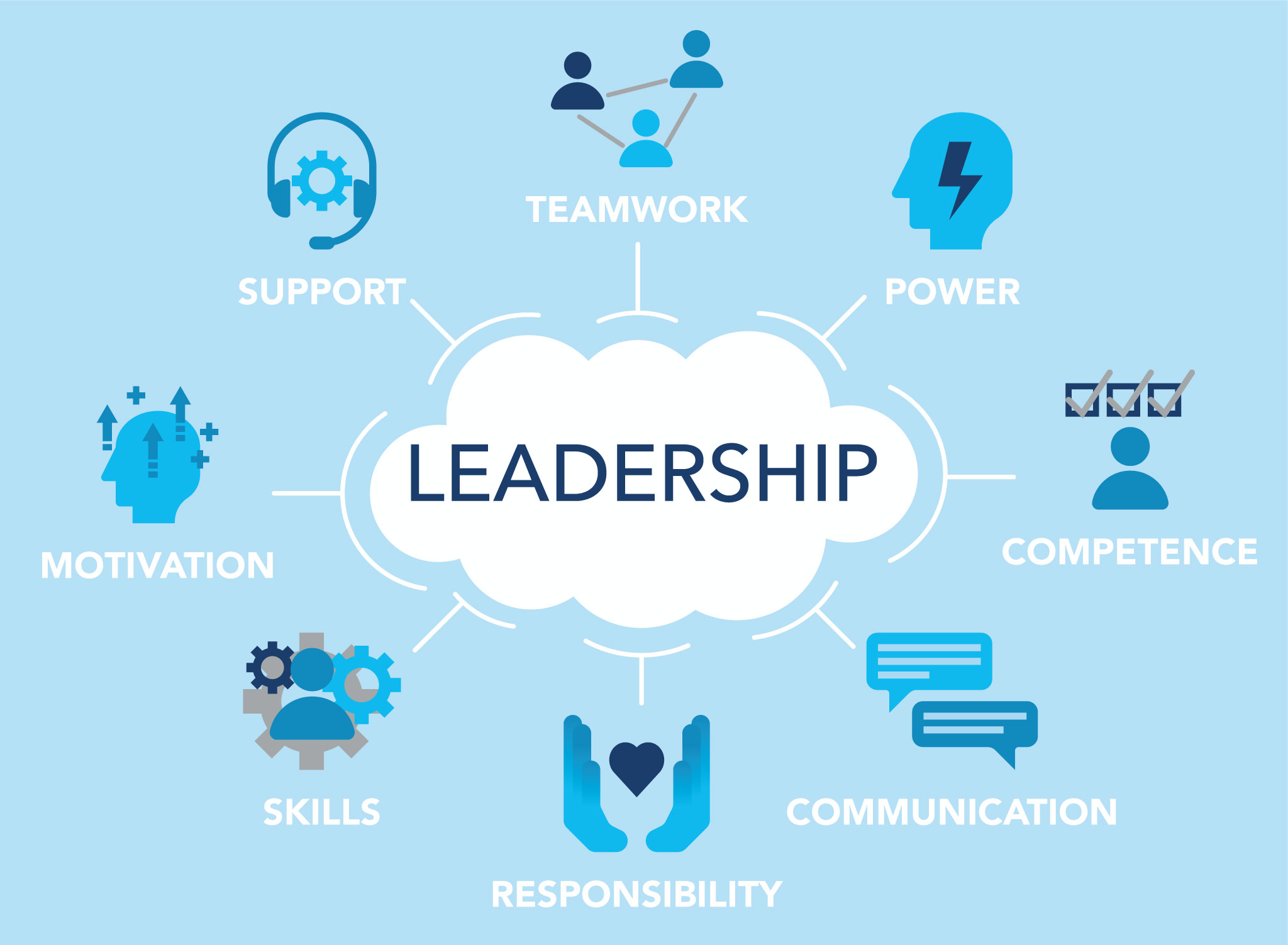Supporting Individuals: A Leadership Competency You Must Not Ignore
In today's fast-paced and constantly shifting world, strong leadership has become even important than ever. As professionals progress in their careers, mastering the essential leadership skills can make a significant difference both in their personal growth and in the development of their teams and organizations. Amongst these skills, empowering others is particularly notable as a key aspect of successful leadership. Genuine leaders recognize that their success is intrinsically linked with the success of their team members, and they proactively foster an environment where everyone can thrive.

Enabling comes in various forms, and it starts with a strong base of core leadership skills. These skills encompass everything from effective communication to emotional intelligence, adaptability, and strategic thinking. Each of these abilities plays a role to creating a culture of trust, collaboration, and high performance. As we dive deeper into the complex nature of leadership, we’ll explore the essential skills that all professional should master to not just lead and to inspire and elevate those around them. Adopting Higher education leadership in Australia can turn a decent leader into a great one, setting the foundation for remarkable achievements.
Fundamental Leadership Skills
A successful leader must embody a mix of essential skills that enable them to guide their teams effectively. Top leadership skills include interpersonal intelligence, which allows leaders to comprehend and manage their feelings and those of their team members. This skill not just cultivates improved relationships but also boosts communication and judgment. By being aware to the feelings of team members, leaders can build a more unified and motivated workforce.
Clear interaction is another cornerstone of great leadership. Leaders who articulate their vision clearly and pay attention actively cultivate an environment of confidence and teamwork. This skill goes beyond oral communication; it includes nonverbal cues and the ability to modify one's message to diverse audiences. Ensuring that everyone is on the same page leads to enhanced teamwork and increased efficiency.
Flexibility is a must-have skill for modern managers, especially in an evolving business landscape. The ability to change strategies in response to fresh challenges or opportunities is important. Leaders who accept change and inspire their teams to be adaptive foster resilience and innovation, driving their teams forward success in uncertain times. These critical leadership skills are key for any person working to motivate and guide effectively.
Cultivating Essential Competencies
To empower others successfully, leaders must first cultivate a variety of essential competencies. These encompass effective communication, emotional intelligence, and strategic thinking. By refining these competencies, leaders can more effectively connect with their teams, comprehend their needs, and lead them towards shared goals. Strong communication not only includes articulating ideas clearly but also includes engaged listening, which fosters trust and promotes collaboration. Leaders who are emotionally intelligent can handle challenging interpersonal dynamics, recognizing and addressing to the emotions of others, which is crucial for sustaining a supportive team environment.
Adaptability is an additional key competency that leaders should cultivate, especially in today’s fast-paced work environment. Being adaptable allows leaders to adjust to evolving circumstances and unexpected obstacles with tenacity and innovation. Leaders who embrace change and exhibit flexibility motivate their teams to do the same, promoting a culture of innovation and advancement. Additionally, being willing to feedback and ready to learn from experiences places leaders to continually enhance their effectiveness and inspire their teams to pursue excellence.
Ultimately, building trust within teams is a critical leadership skill that cannot be ignored. Trust builds a safe space for team members to discuss ideas, voice concerns, and take risks. Leaders can build trust by being transparent, keeping commitments, and demonstrating genuine appreciation for team contributions. A dependable leader not only allows team members to take ownership of their work but also improves the overall performance and morale of the whole organization. Developing these essential skills prepares leaders to create a vibrant workforce.
Motivating Team Interactions
Creating an setting where group relationships flourish begins with building faith and honest conversations among team members. A leader who actively hears and exhibits empathy fosters a sense of belonging, permitting individuals to get off their chests their ideas without concern. By valuing individual input and encouraging dialogue, leaders can strengthen relationships within the team, laying the way for collaboration and creativity. This bedrock of confidence empowers teams to tackle issues together, enhancing their total performance.
Furthermore, consistent recognition of single and group achievements can greatly enhance team spirit. When leaders take the effort to recognize victories, no matter how trivial, it highlights positive behavior and inspires team members to work for greatness. Incorporating unity activities or informal gatherings can also strengthen bonds and boost teamwork. The more together a team feels, the more prone they are to support one another and work efficiently toward collective aims.
Lastly, dealing with disputes quickly and productively is vital for maintaining a robust team atmosphere. Supervisors must be armed with conflict resolution skills to mediate disputes and guarantee a constructive dialogue takes place. By steering their crews through differences and facilitating understanding, supervisors can convert potential tension into opportunities for development. This approach not only enhances the group's resilience but also creates a environment where diverse perspectives are valued, leading to deeper concepts and superior outcomes.